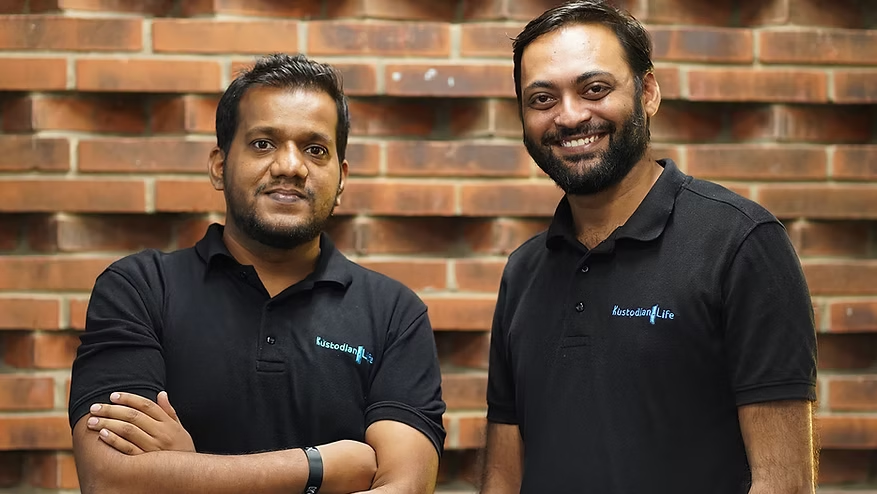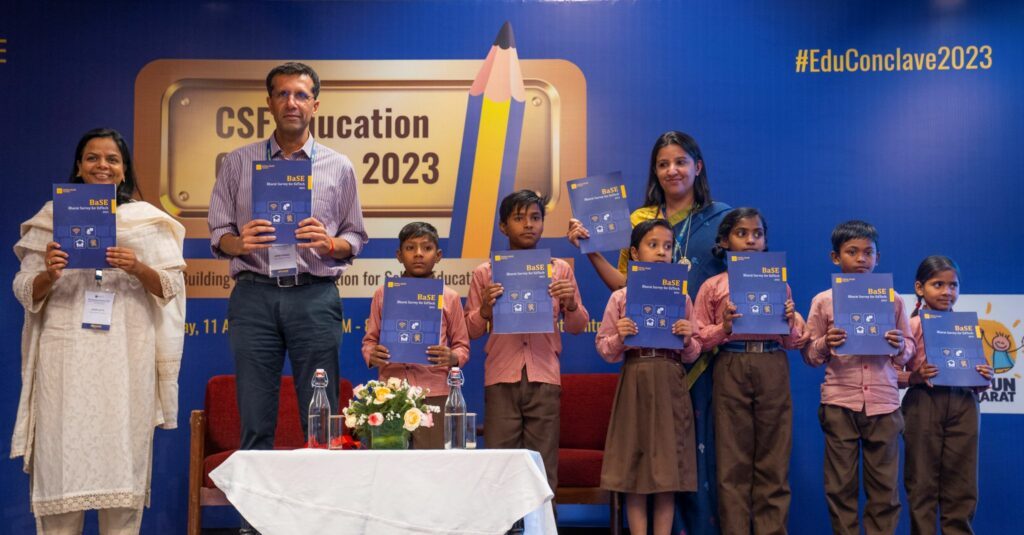GVFL, a venture capital firm, has put ₹2 crore into a pre-seed round of financing for Biokraft Foods, a Mumbai-based foodtech company that is creating cultivated meat using advanced biotechnology and 3D bioprinting. This transaction is one of the first significant bets on an emerging cultivated meat market in India, which is viewed as a critical component of sustainable food systems.
A young startup with a bold vision
Founded in 2023 by Kamalnayan Tibrewal, an alumnus of the Institute of Chemical Technology, Mumbai, Biokraft Foods is poised to emerge as a first mover in the cultivated meat category. The company is aiming to create structured, slaughterless meat products that replicate the taste, nutrition, and sensory experience of traditional meat. The targets of Biokraft also include addressing the global problems of climate change, animal welfare, and inefficient allocation of resources with livestock farming.
Biokraft uses a hybrid approach of cell-cultured meat with food-safe ingredients. This hybrid approach allows the company to push the boundaries on texture, cost, and scalability – three of the largest obstacles to cultivated meat on a global level. Biokraft has completed over 400 consumer trials to date, hosting positive feedback regarding both taste and acceptance.
Technology and product development
Biokraft’s ambition is more than just producing minced or ground meat products. With 3D bioprinting and flexible bioink formulations, the company wants to produce structured meat alternatives such as chicken fillets or cuts of seafood. It would like to recreate the muscle and fat layers of animal meat with its application method and create more traditional cuts.
The startup is additionally developing a pipeline of cultivated seafood products, including a trout fillet made in partnership with the ICAR-Central Institute of Coldwater Fisheries Research part of India’s Ministry of Agriculture and Farmers Welfare. This demonstrates Biokraft’s commitment to research validation and localisation of cell lines appropriate to Indian ecosystems.
In addition, Biokraft is exploring applications in pet food, a growing market segment where ethical and sustainable protein alternatives are gaining traction.
Also Read: India’s Next Growth Story: Startups and Enterprises in Tandem
Backing from incubators and institutions
Before securing this latest round of funding, Biokraft had already attracted grants and incubation support from iCREATE, SP-TBI, and ICT-NICE. These institutions helped the company in developing its early research, setting up laboratory protocols, and preparing pilot prototypes. Such backing highlights a growing recognition of alternative protein innovation within India’s startup ecosystem.
Plans for growth and use of funds
Biokraft plans to speed up research and development, fast-track its product prototypes, and prepare regulatory submissions with the infusion of capital from GVFL. Biokraft plans to launch commercially in 2026, pending approvals and successfully scaling the process.
Biokraft’s products are expected to appeal to sustainability-conscious consumers, as well as food manufacturers, restaurants, and retailers searching for next-generation protein solutions. Early partnerships with foodservice players and specialty retailers will likely be central to validating demand and optimising pricing models.
The regulatory pathway
India’s regulating authority, Food Safety and Standards Authority of India (FSSAI), is developing frameworks for cultivated and novel foods. Cultivated meat products will be assessed as a “novel and non-specified food” requiring extensive safety information and assessments.
Biokraft is already preparing detailed dossier materials for regulatory compliance.While approval timelines remain uncertain, India is seen as an attractive growth market, given its rising urban consumer base and growing awareness of sustainability.
Market opportunity and challenges
Around the world, cultivated meat has seen billions of dollars in investments, particularly in the US, Singapore, and Israel. India – the world’s largest population and one with a burgeoning middle class – is an attractive destination for next-gen protein alternatives. Consumer research indicates a strong willingness among younger consumers in Tier 1 cities to try cultivated meat – and many are willing to pay a premium price for the environmental benefits of sustainably produced protein.
Despite this, challenges remain. The production costs are still extremely high and a high degree of innovation will be needed to achieve price parity with conventional meat. There are also major challenges associated with scaling bioprinting technology from grams in the laboratory to commercial kilograms. There will need to be consumer education or awareness campaigns to introduce the concept of lab-grown meat, as many people will not be familiar or understand this concept.
Why GVFL’s bet matters
GVFL’s investment in Biokraft Foods represents a growing acknowledgement that India could play a critical role in the global alternative protein movement. For Biokraft, the funding is not just funding, but recognition of its science-based methodology and makes a bridging opportunity from lab to market. If Biokraft can achieve regulatory approvals and scale-up, it could provide one of the first examples of an Indian startup to commercialise cultivated meat and seafood. The investment also sends a signal general to other entrepreneurs and investors, regarding the strategic importance of sustainable food innovation in the future of India.
Shaping the Future of Ethical Protein
It won’t be plain-sailing from now on, but Biokraft’s early success, institutional backing and new capital mean they are in a strong position. By combining advanced biotechnology and consumer-facing product design, the startup is ready to change how consumers eat protein in India.
If it succeeds, Biokraft could not only introduce Indians to ethical, slaughter-free meat but also put the country on the global map as a serious contender in the cultivated meat revolution.
Also Read: FarmDidi Secures ₹7 Cr to Scale Pickle Brand and Empower Women

























